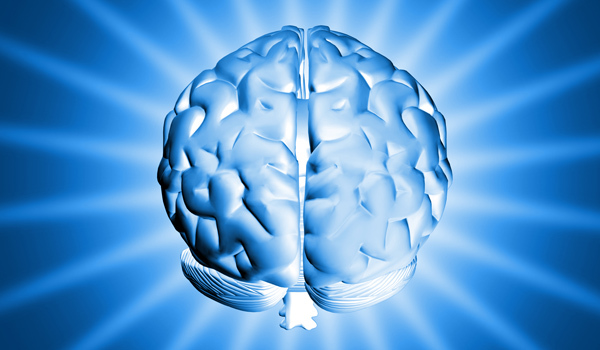Alzheimer's Disease & Cancer: Each May Lower Risk of the Other

Get the world’s most fascinating discoveries delivered straight to your inbox.
You are now subscribed
Your newsletter sign-up was successful
Want to add more newsletters?

Delivered Daily
Daily Newsletter
Sign up for the latest discoveries, groundbreaking research and fascinating breakthroughs that impact you and the wider world direct to your inbox.

Once a week
Life's Little Mysteries
Feed your curiosity with an exclusive mystery every week, solved with science and delivered direct to your inbox before it's seen anywhere else.

Once a week
How It Works
Sign up to our free science & technology newsletter for your weekly fix of fascinating articles, quick quizzes, amazing images, and more

Delivered daily
Space.com Newsletter
Breaking space news, the latest updates on rocket launches, skywatching events and more!

Once a month
Watch This Space
Sign up to our monthly entertainment newsletter to keep up with all our coverage of the latest sci-fi and space movies, tv shows, games and books.

Once a week
Night Sky This Week
Discover this week's must-see night sky events, moon phases, and stunning astrophotos. Sign up for our skywatching newsletter and explore the universe with us!
Join the club
Get full access to premium articles, exclusive features and a growing list of member rewards.
Alzheimer's disease and cancer are both diseases of aging, but interestingly, having one of these conditions lowers the risk of developing the other, a new study from Italy suggests.
In the study, people with Alzheimer's disease were 43 percent less likely to develop cancer, and people with cancer were 35 percent less likely to develop Alzheimer's disease, compared with the general population.
The findings agree with those of earlier studies, which also showed a lower risk of cancer for people with Alzheimer's disease, and vice versa. The new study is the largest to explore the relationship between these two diseases, study researcher Dr. Massimo Musicco, of the National Research Council of Italy in Milan, said in a statement.
The study found an association, and cannot prove that the either disease is responsible for causing a reduced risk of developing the other.
However, it's possible that these two diseases result from opposite biological mechanisms, which in turn, lowers the risk of the second disease in a person who already has the first, the researchers said. The researchers noted that Alzheimer's disease results from the death of brain cells, while cancer results from uncontrolled cellular growth, and resistance to cell death.
If future studies confirm the findings, "This knowledge may help in gaining a better understanding of and developing new treatments for both diseases," Catherine Roe, of Washington University School of Medicine, St. Louis, and Dr. Maria Behrens, of the Hospital Clínico Universidad de Chile, wrote in an editorial accompanying the study.
The study analyzed information from more than 204,000 people ages 60 and older in Italy, who were followed for six years.
Get the world’s most fascinating discoveries delivered straight to your inbox.
During the study, 21,451 people in the study were diagnosed with cancer and 2,832 were diagnosed with Alzheimer's disease.
Those numbers include the 161 people who were diagnosed with both diseases. But the researchers expected that 246 people with cancer would have developed Alzheimer's disease, and 281 people with Alzheimer's disease would have developed cancer, based on the prevalence of both diseases among people of the same age and gender as the study participants.
So in both cases, the risk of the second disease was reduced.
The researchers found the same result among people who died during the study and those who lived, meaning that early death among people who acquired one disease and died could not explain the phenomenon. [Top 10 Leading Causes of Death]
What's more, people who eventually developed Alzheimer's disease had a lower risk of cancer both before and after their Alzheimer's diagnosis, and people with cancer had a lower risk of Alzheimer's disease both before and after their cancer diagnosis. This means that the diagnosis of the first disease did not appear to interfere with the diagnosis of the second disease, the researchers said.
The study did not take into account lifestyle factors, such as smoking, physical activity and diet, which may influence the risk of these diseases.
The study and editorial are published today (July 10) in the journal Neurology.
Follow Rachael Rettner @RachaelRettner. Follow LiveScience @livescience, Facebook & Google+. Original article on LiveScience.com.

Rachael is a Live Science contributor, and was a former channel editor and senior writer for Live Science between 2010 and 2022. She has a master's degree in journalism from New York University's Science, Health and Environmental Reporting Program. She also holds a B.S. in molecular biology and an M.S. in biology from the University of California, San Diego. Her work has appeared in Scienceline, The Washington Post and Scientific American.
 Live Science Plus
Live Science Plus










